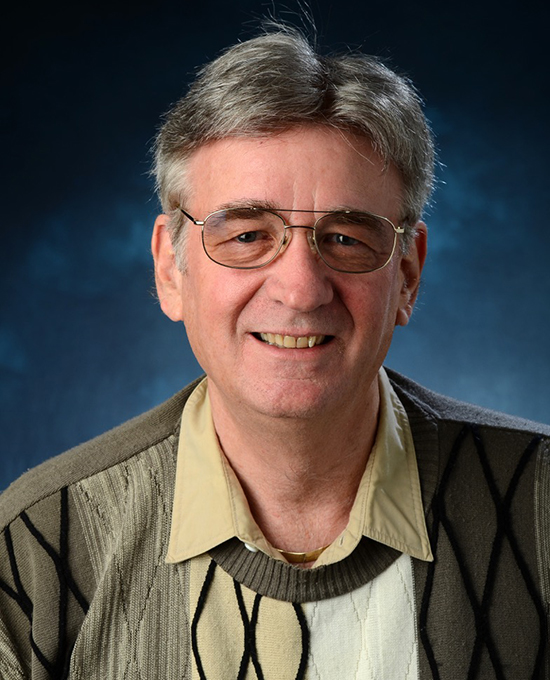Michael King
Class of 2015-16

University of Colorado
National Academy of Engineering
American Meteorological Society
American Geophysical Union
Michael King’s leadership on NASA’s Terra and Aqua Earth Science satellite projects played an important role in developing the unprecedented capabilities of the U.S. space program to monitor Earth’s atmosphere, oceans, and land.
He guided the development of five science algorithms to process data, including a breakthrough for determining cloud optical thickness.
His experience includes conceiving, developing, and operating multispectral scanning radiometers from several aircraft platforms in field experiments that analyzed stratus clouds in the Arctic, oil-fire smoke in Kuwait, and biomass smoke in Brazil and southern Africa. He has lectured about the world’s climate on all continents.
King earned his bachelor’s degree in physics in 1971 from Colorado College and received his master’s and doctoral degrees in atmospheric sciences from the University of Arizona in 1973 and 1977, respectively.
He joined NASA Goddard Space Flight Center in 1978 as a physical scientist, where he served as project scientist of the Earth Radiation Budget Experiment from 1983 to 1992 and as senior project scientist of NASA’s Earth Observing System from 1992 to 2008. After retiring, he joined the Laboratory for Atmospheric and Space Physics at the University of Colorado Boulder as a senior research scientist.
King’s current research includes the remote sensing of cloud optical and microphysical properties from reflected solar radiation measurements, the bidirectional reflectance of natural ecosystems, the inversion of aerosol optical and microphysical properties from ground-based sun/sky radiometers, and satellite remote sensing instrumentation and analysis.
He is a member of the National Academy of Engineering and a fellow of the American Geophysical Union, the Institute of Electrical and Electronics Engineers, and the American Meteorological Society. He received the American Meteorological Society’s Verner E. Suomi Award in 2000 for fundamental contributions to remote sensing and radiative transfer.
The NASA Goddard Space Flight Center presented King with the William Norberg Memorial Award for Earth Science in 2001, and he accepted the Space Systems Award of the American Institute of Aeronautics and Astronautics on behalf of NASA’s Earth Observing System Team in 2006.
Other honors include the Transaction Prize Paper Award from the IEEE Geoscience and Remote Sensing Society in 1993, an honorary doctorate from Colorado College in 1995, the Award of Excellence from the Society for Technical Communication in 2001, and the Presidential Rank Award of Meritorious Senior Professional from President George H. W. Bush in 2006.
He has written one book and published eighty-nine peer-reviewed articles.
As a TIAS Faculty Fellow, King will collaborate with faculty–researchers and graduate students in the Department of Atmospheric Sciences in the College of Geosciences.
For more updated information:
http://lasp.colorado.edu/home/personnel/michael.king/
